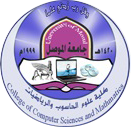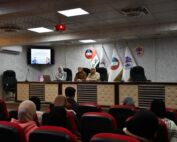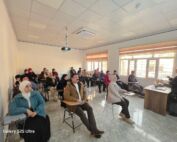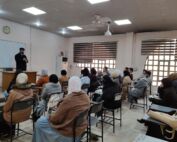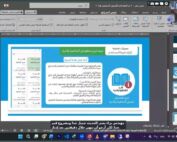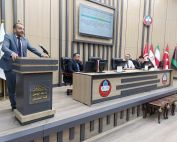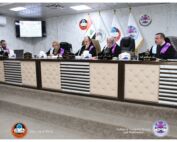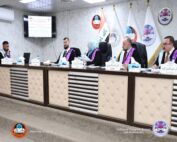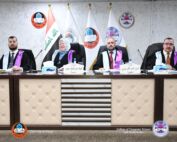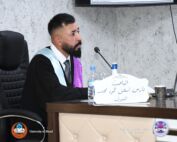16 February، 2022
Discussion of the Master’s Thesis (Real-time Routing in IoT for Delivery and Fault Tolerance) by Muhammad Tariq Saleh Al-Asali
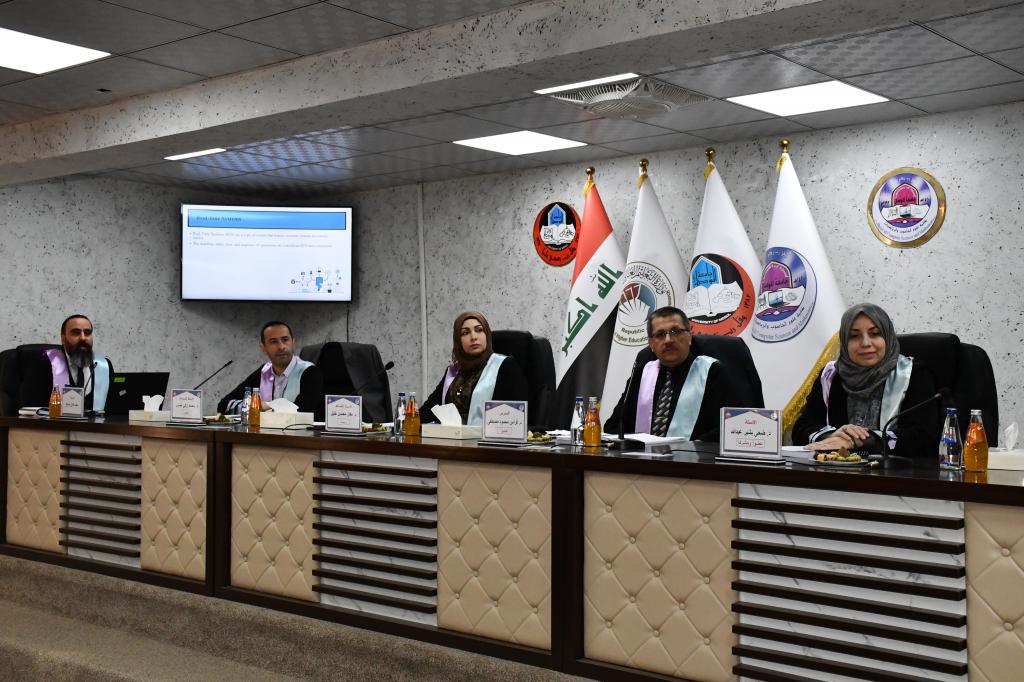
On Wednesday 16-03-2021, the College of Computer Science and Mathematics at the University of Mosul discussed the Master’s thesis (Real-time Routing in IoT for Delivery and Fault Tolerance) by the student Muhammad Tariq Saleh Al-Asali
The thesis presented by the student dealt with the development of a new routing protocol that can meet the standards of real-time applications in IoT networks. By proposing a set of improvements and modifications to the well-known protocol RPL to make it work better in meeting real time requirements, there is an urgent need for such a service protocol for real time applications (early detection of emergencies and crowd evacuation, medical monitoring of patients, factory automation etc.).The study dealt with the design of an innovative protocol (RT-RPL) as a multi-step, multi-layer routing solution for real Zen applications in IoT networks. The first step is to classify packets passing through the network based on traffic requirements into three types of traffic, to be treated differently in order to meet different criteria. In the second step, a new OF target function is designed for each type of traffic, by combining multiple metrics in each OF. New OFs are used in the DODAG build process for parent selection, in this way, route selection is based on criteria for each type of traffic. In each machine, a virtual three-headed queue was used to separate different types of traffic and give different send priority and packets to each type of traffic.Finally, different packet scheduling algorithms are used to schedule packets in each queue, and between the three queues. The results of all tested parameters showed that the proposed RT-RPL protocol can provide much better and more stable results than the default RPL protocol especially under high traffic and in large area networks.The study aims to present a routing protocol for real-time applications in IoT networks capable of addressing all the challenges that any protocol of this type must overcome, and to achieve a good balance between all factors that affect the efficiency of routing in the network (such as power consumption, congestion control, balancing load, service quality (delays, productivity rate…etc). Taking into account the possibility of implementing the protocol for various real-time applications and scenarios in IoT networks.The discussion committee was chaired by Assistant Professor Dr. Mafaz Mohsen Khalil and the membership of both Assistant Professor Dr. Muhammad Zaki Hassan and Professor Dr. Firas Mahmoud Mustafa from Polytechnic University of Duhok College of Engineering and under the supervision and membership of Professor Dr. Duha Bashir Abdullah Al-Bazzaz.
